On the third Saturday of every month, from 6:00 to 8:00 am cars line up at the drive-through window of the Volunteer Regional Food Pantry in Unity, Maine.
In that hour and a half, the pantry is able to provide food to about 275 families or nearly 700 people throughout its community. Each family that drives up to the window gets a box full of non perishable food items topped with freshly harvested vegetables.
The produce is grown and supplied by Veggies for All, a community agriculture project also based in Unity. A group of young farmers started the project in 2007 because they “recognized the great potential for local agriculture to relieve hunger in our region.
At the time, Sara Trunzo was a senior at Unity College. Given that her sister is an organic vegetable farmer and that there are about 50 organic farms within an hour of Unity; the Maine Farmland Trust was doing a project in the community; and it’s the home of the Maine Organic Farmers and Gardeners Association (MOFGA), Sara says it was hard not to become interested in agriculture. Her eyes were also opened to the issue of food insecurity. “While I was still a student,” she says, “I started working with some local schools on gardening projects and that helped me realize that folks are living in these communities with a lot of farms, but they might not be getting access to local food.”
Unity College has its own vegetable gardens, which provide produce for its dining services. When Sara took on the job of managing them after graduation, she starting donating produce to the local food pantry. She also kept hearing about Veggies for All and learned that it was looking for a home base. “I was doing very similar work,” she says, “and it kind of happened naturally that we would combine efforts and base that work at Unity College.”
Tim Libby, one of the farmers who started Veggies for All became the farm manager and Sara became the project’s director. Key partners include Unity Barn Raisers, Unity College and the Volunteer Regional Food Pantry, and earlier this year Veggies for All got a huge boost when it became a project of the Maine Farmland Trust. Integrating Veggies for All into various organizations throughout the community has been a key to its success.
The project grows food on three acres of land split between the Unity College campus and donated land throughout the community. Since 2010, it has harvested and distributed 75,000 pounds of vegetables to 1,500 of its most food insecure neighbors. Hundreds of volunteers help with the weeding and transplanting and harvesting, many of them Unity College students who not only learn about agriculture but, like Sara, also begin to understand about hunger in the United States. “It hits them that the country’s food system isn’t working,” she says. “It’s broken and the evidence is that a project like Veggies for All even needs to exist.”
They’re a lot like other small farms in the way they cultivate their vegetables, with one important difference. “The big difference between us and other small farms,” Sara explains, “is that we’re not taking our product to market. We’re taking it to the Volunteer Regional Food Pantry, which is a hub for nine other smaller pantries in the area.”
As best they can, they schedule their harvest around the food pantry’s schedule. Focusing primarily on crops that can be stored — potatoes, carrots, onions, winter squash, cabbage — gives them flexibility. One of the challenges is giving out food that people will actually like and use, so they frequently survey clients. “We want to help people eat healthier, but we don’t want to challenge them,” says Sara. “If you’re going to the food pantry you already have challenges in your life. I don’t want to add more by trying to get you excited about kohlrabi, so we try to keep a pretty standard collection of vegetables.”
Sharing bounty is certainly not a new concept and you’ll find various farm projects throughout the country, as well as in Maine. Veggies for All would like to replicate its model, especially in other rural communities, and reach out to similar projects. “We want to grow the network of food bank farming or farm to pantry programs so that we all have the opportunity to work together and share best practices,” says Sara. “Here we are in a farming community and some people don’t have access to good nutrition. It’s kind of mind-blowing when you think about it. The work we’re doing is so much bigger than just meeting needs in our community. It’s a starting point for figuring out how to make the food system work better for everybody.”
To learn more or to become a volunteer, go to the Veggies for All website or send an email directly to Sara Trunzo.
Have you signed up for the Catching Health Newsletter yet?
Do it right now!
[/fusion_builder_column][/fusion_builder_row][/fusion_builder_container]

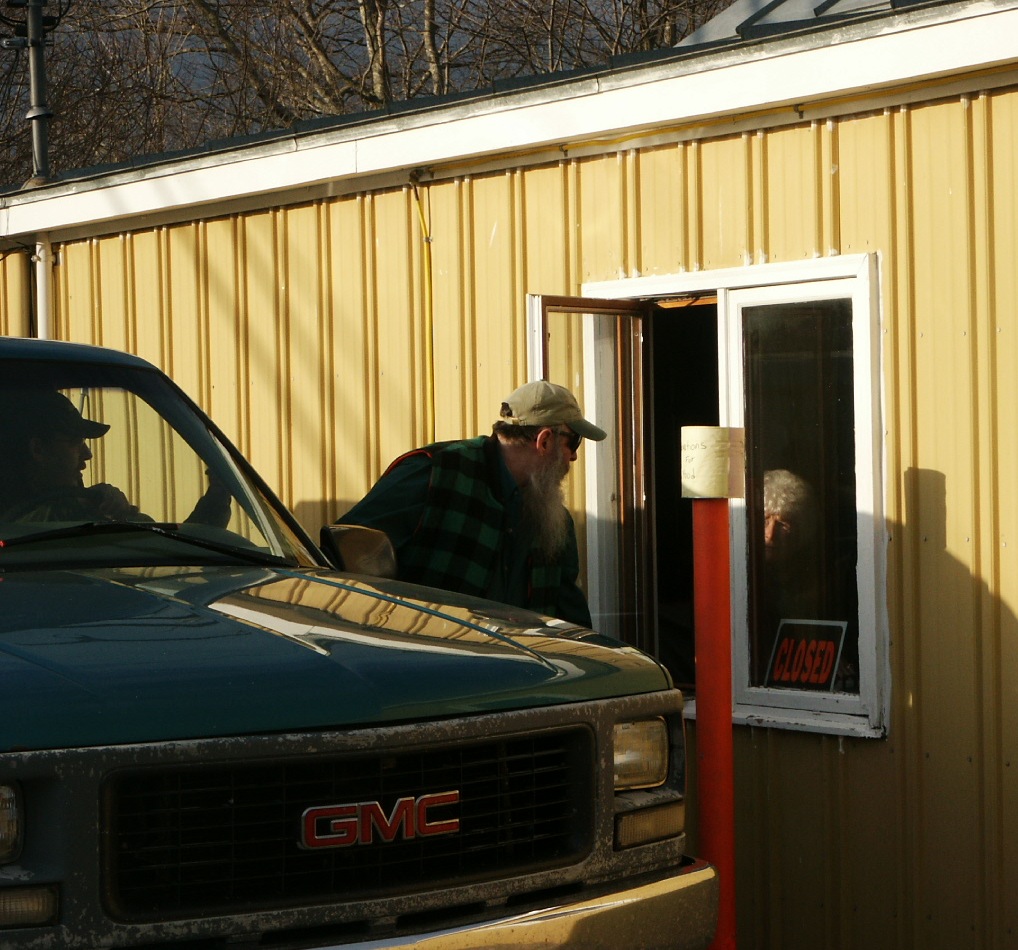
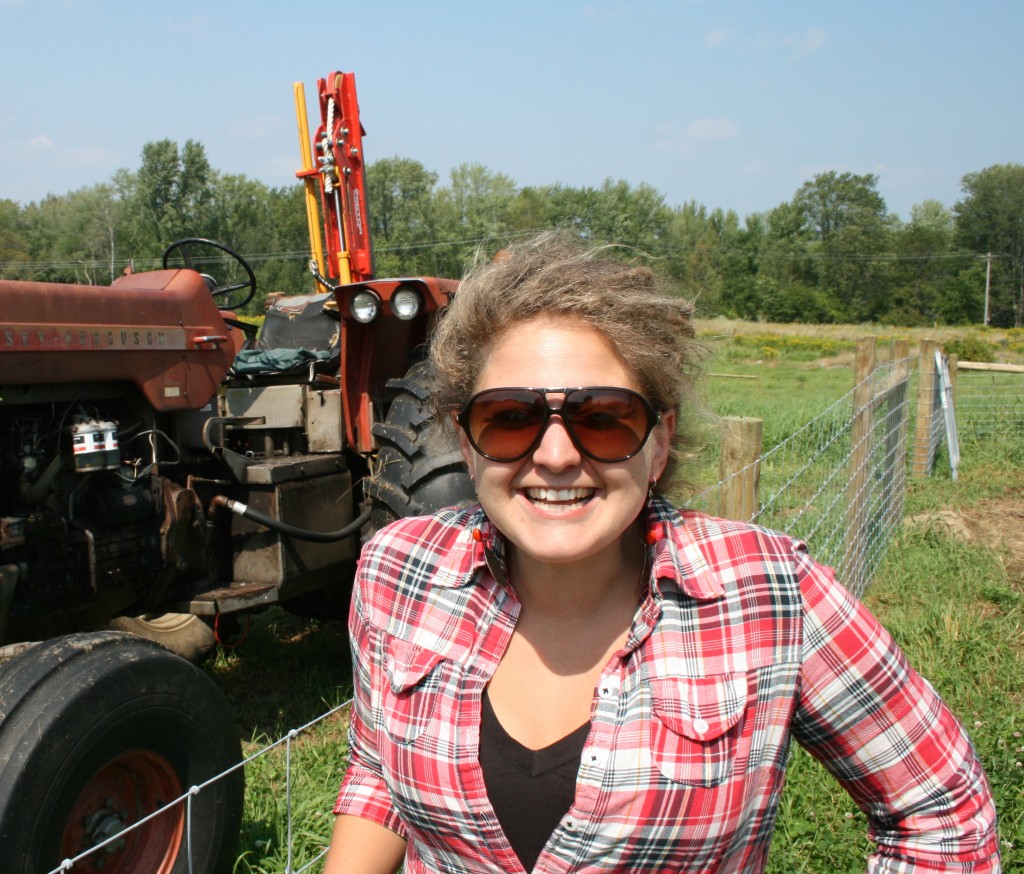
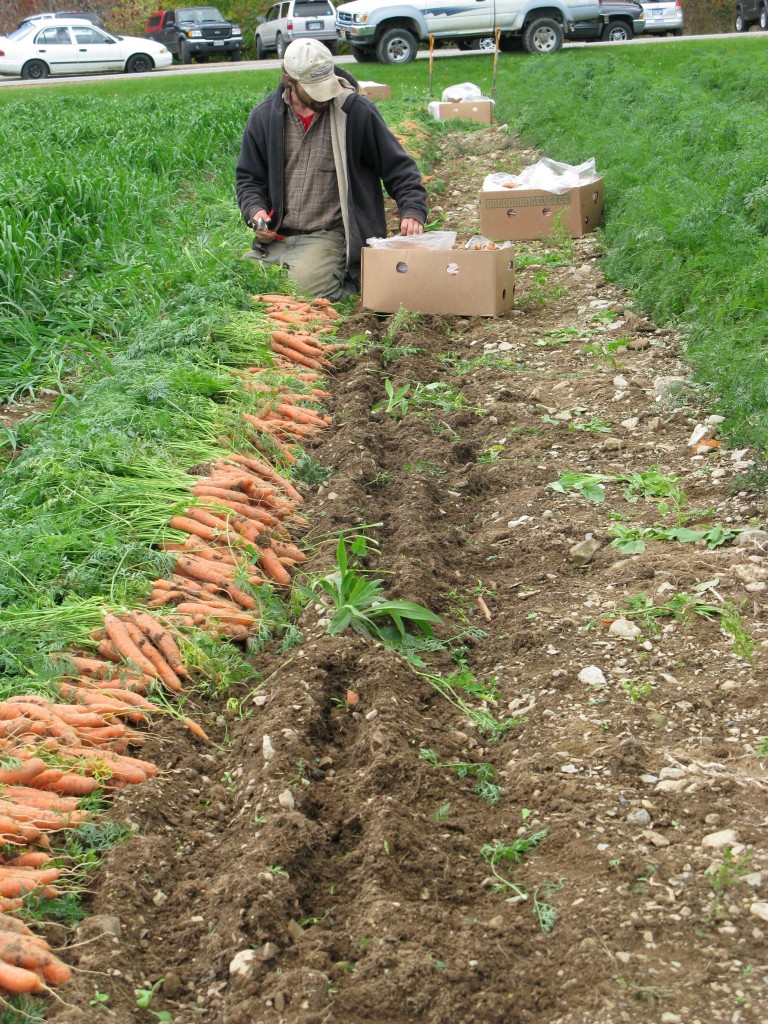
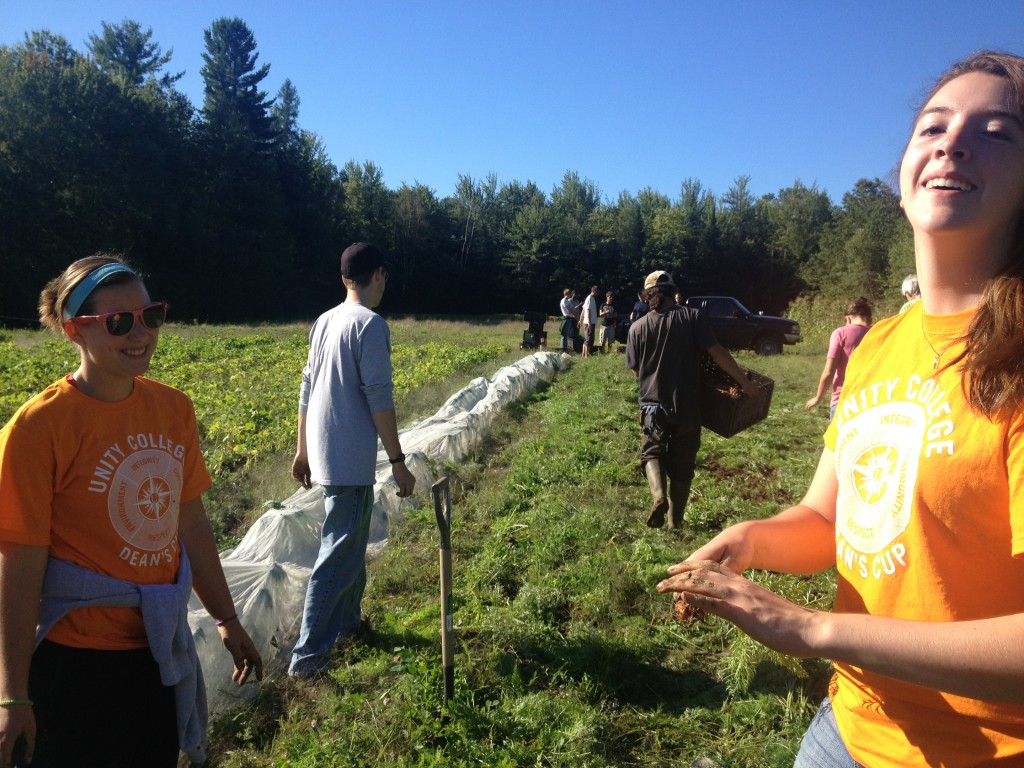
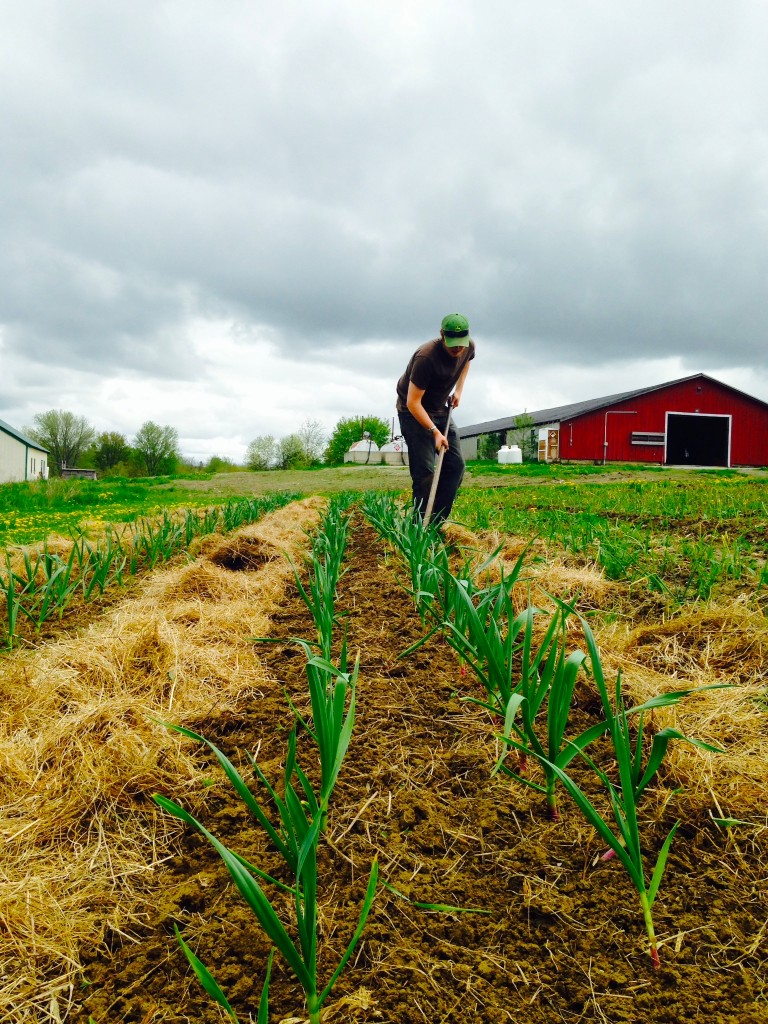
Leave A Comment